How Can We Be Happy in a World Full of Suffering?
Olivia Laing, in her new novel, writes of a feeling that resonates: “She felt blank. She felt blank and mildly hysterical, she was itching to do something but it wasn’t clear what.”

Olivia Laing, in her new novel, writes of a feeling that resonates: “She felt blank. She felt blank and mildly hysterical, she was itching to do something but it wasn’t clear what.”
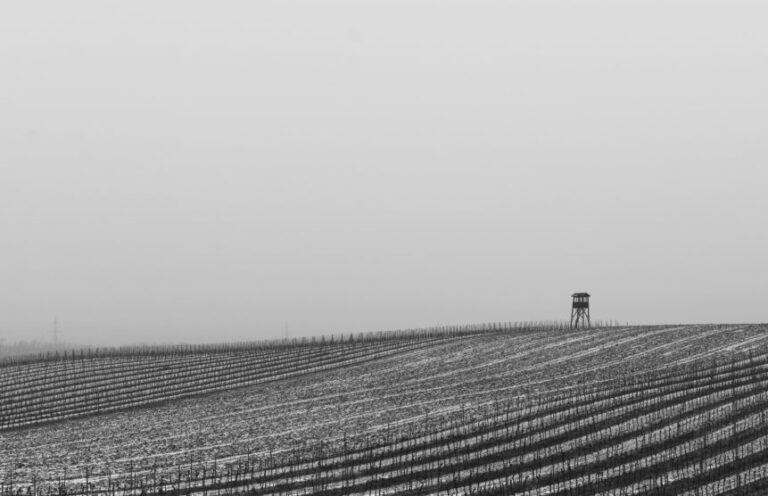
Czeslaw Milosz’s work explores the disorientation of time, the pain of dislocation, and the porous border between community and solitude. He writes with awe about both small moments and large expanses of time, and evokes eternity in everyday encounters between people; his poems feel at once lonely and communal.
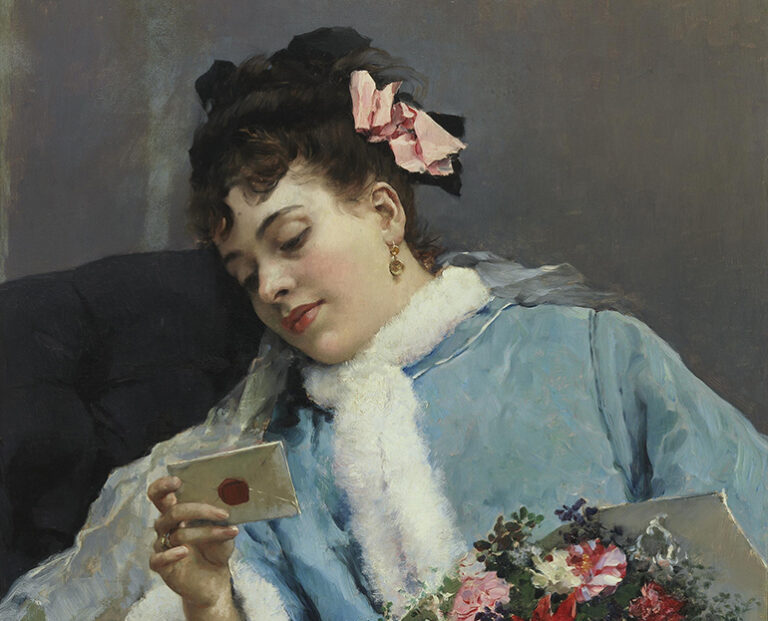
Lovesickness of the kind Cynthia Ozick describes is intimately linked with language. The essay, both in content and form, suggests that the beauty and purpose of infatuation is in its generation of language, a purpose particularly fruitful for a writer.
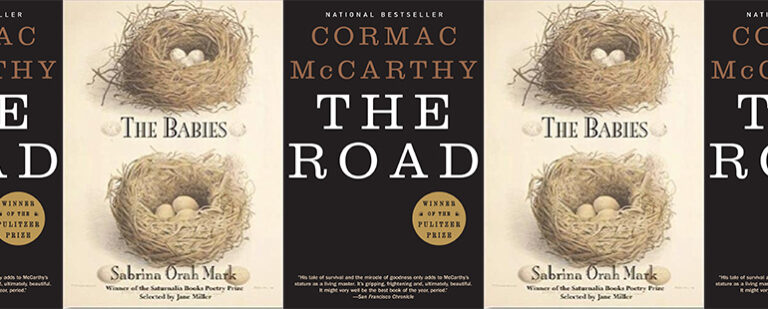
By reading worlds of relentless darkness, repeatedly made new through the language of dreams and fables, we can maybe more deeply access empathy and hope for the world we’re living in.
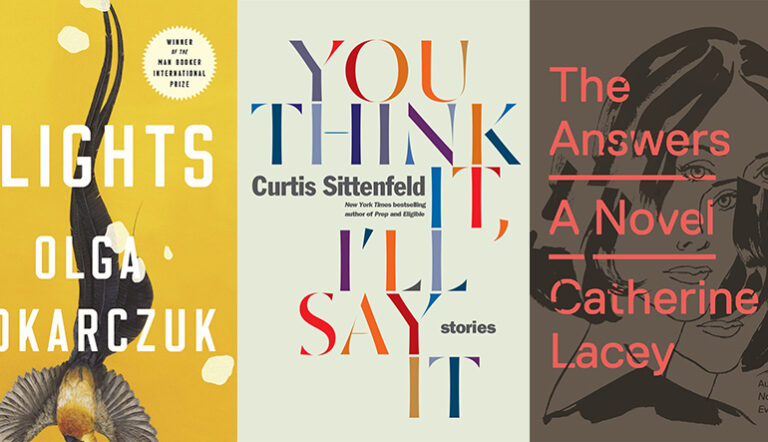
The language Curtis Sittenfeld, Olga Tokarczuk, and Catherine Lacey use to describe millennial technology is varied and complex, but reading their works we have the sense that we’ve made something big, rapidly evolving, and somewhat out of our control.

In this moment, it’s difficult to view any domestic arrangement without its undercurrent of uncertainty or instability. Two poems written in a fairy-tale register—Jane Hirshfield’s “Amor Fati” and Kiki Petrosino’s “Nursery”—capture this sense of pervasive menace, and complicate the idea of home as the ultimate refuge from a threatening outside world.
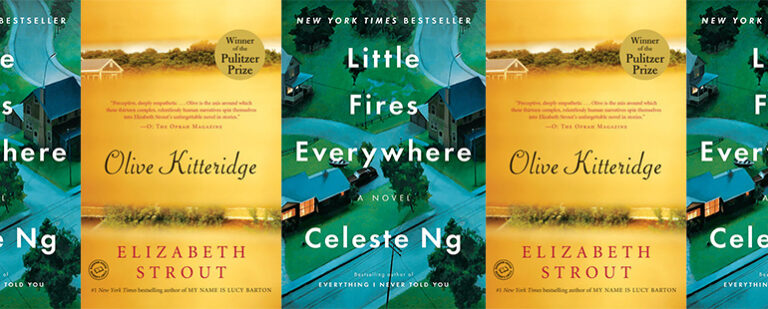
As Angie pities Simon, Mia pities Elena. This is one of the roles, it seems, of the artist pitied by a conventional community: to voice the truth about people, the mistakes they won’t admit to themselves.

Eileen Myles’ “Peanut Butter,” Jane Hirshfield’s “My Species,” and Robert Frost’s “Birches” each use plainspoken vocabulary and domestic imagery to branch outwards towards life’s most urgent questions; each poem locates itself in small, particular moments of bliss and wonder.

A tantalizing bildungsroman beginning convinces the reader not only that the protagonist is worth listening to, or that the world of the novel is worth observing, but also that there is an interesting friction between the narrator and her surroundings.
No products in the cart.